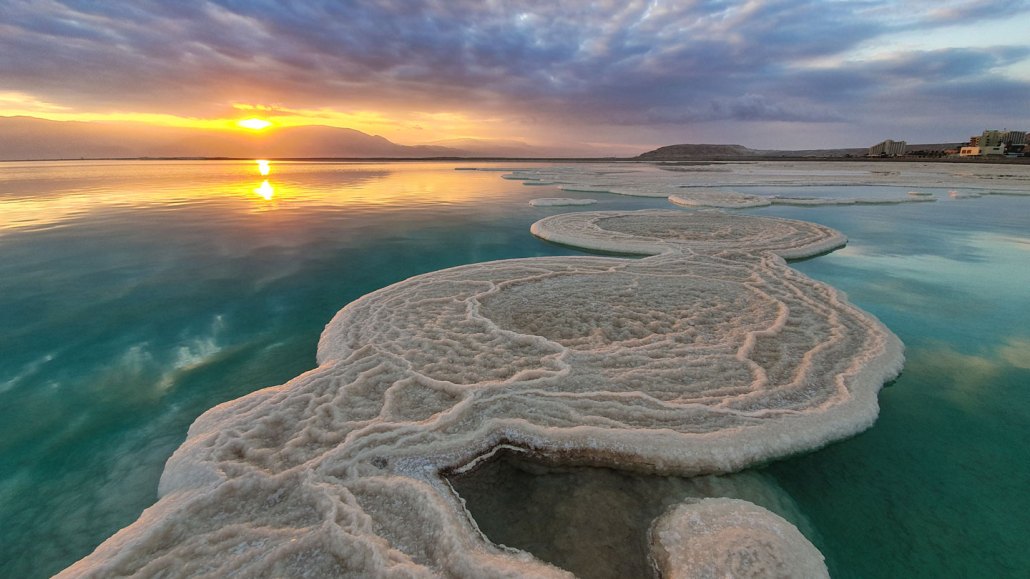average: (in science) A term for the arithmetic mean, which is the sum of a group of numbers that is then divided by the size of the group.
crop: (in agriculture) A type of plant grown intentionally grown and nurtured by farmers, such as corn, coffee or tomatoes. Or the term could apply to the part of the plant harvested and sold by farmers.
density: The measure of how condensed some object is, found by dividing its mass by its volume.
desalination: The process of removing salt from water. It’s a primary technology for turning seawater into freshwater.
engineer: A person who uses science to solve problems. As a verb, to engineer means to design a device, material or process that will solve some problem or unmet need. (v.) To perform these tasks, or the name for a person who performs such tasks.
filter: (n.) Something that allows some materials to pass through but not others, based on their size or some other feature. (v.) The process of screening some things out on the basis of traits such as size, density, electric charge.
groundwater: Water that is held underground in the soil or in pores and crevices in rock.
salt: A compound made by combining an acid with a base (in a reaction that also creates water). The ocean contains many different salts — collectively called “sea salt.” Common table salt is a made of sodium and chlorine.
sea: An ocean (or region that is part of an ocean). Unlike lakes and streams, seawater — or ocean water — is salty.

